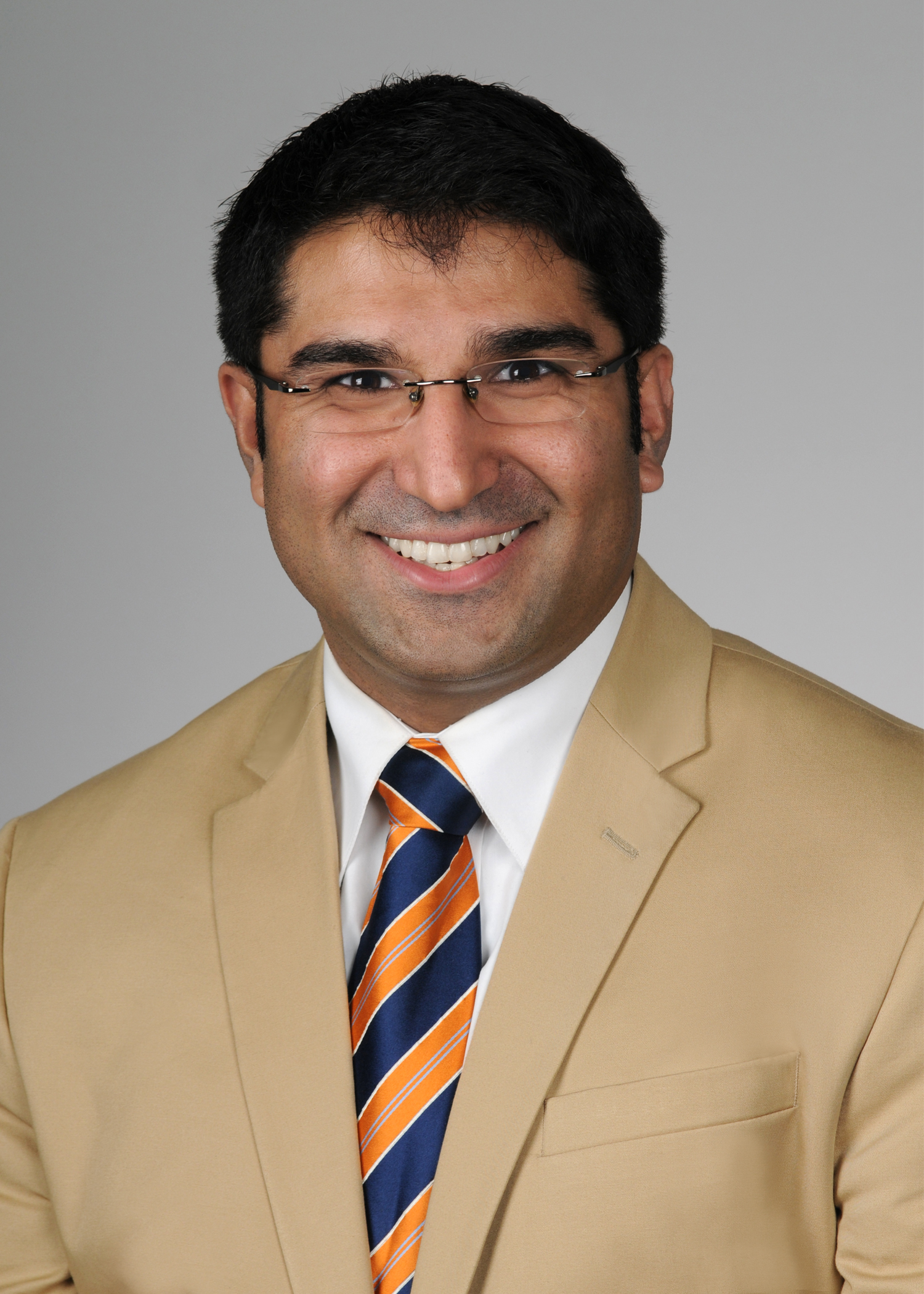Balancing Basic/Translational Research and Clinical Practice

Satish N. Nadig MD, PhD
Medical University of South Carolina
Assistant Professor Surgery,
Microbiology, & Immunology
Transplant Surgery
Balancing basic/translational research while trying to establish oneself clinically can be a daunting task. Currently, very few transplant surgeons leave their fellowship with thoughts of establishing a basic science lab to complement their clinical practice. In my opinion, one reason for this trend is diminishing returns.
The work of starting a laboratory from the ground up is perceived as one that will detract from the enjoyable things about transplant (i.e., the surgery itself.) Additionally, the barren job market means that new fellows inevitably face intense pressure to conform to the wants and needs of their particular division or department. Often this translates to a purely clinical job with no room for research endeavors; at least, that’s how it’s perceived at the moment.
Actually, the opposite may be true. There are a lot of academic centers around the country that are interested in encouraging young surgeons to pursue basic science research and are willing to support them. But how prepared are the graduating fellows to take advantage of that support? I have some thoughts on this point that I’d like to share.
As a junior faculty member, I have received my partner’s support in both my efforts to establish an immunology lab and my efforts to grow as a multiorgan transplant surgeon. The key word here is support. But before all that can happen, there are concrete steps that should be taken before signing on the dotted line.
First, have a plan. This plan or idea must be feasible and something that you’re familiar with, whether it’s due to previous experience or because you’ve developed an intense interest in the topic.
Second, identify faculty at your target institution who share your passion; you can’t do this alone. Start talking with these potential mentors and collaborators while you’re still in your fellowship and make plans to start experiments immediately after your arrival or even earlier.
Third, hire a good lab tech. I can’t stress this point enough; a good lab tech will make a tremendous difference. Have some space assigned to you, whether it’s a bench in someone else’s lab or your own space.
Fourth, block off time to write grants and start right away with foundation grants. Create a realistic timeline for submission of your first NIH grant and stick to it.
Fifth, listen carefully to the advice of the successful people around you; many of them have made mistakes that they can help you avoid.
Sixth, don’t listen to everyone—do what makes sense to you.
Finally, collaborate, collaborate, collaborate. Collaboration is the key to keeping your lab moving—you’re too busy clinically to stay on top of it.
The need for real surgeon-scientists in transplant surgery is more pressing than ever before. Clinical transplantation was built on the foundation of research and innovation, two qualities that may be waning in the face of poor funding and regulation. Without the passion of the next generation, the pace of progress in transplantation will slow to a crawl… from my perspective.
Have a different perspective? The ASTS Communications Committee would love to hear it and share it with your fellow members in an upcoming issue of the Chimera. Comment below or send your thoughts to asts@asts.org!